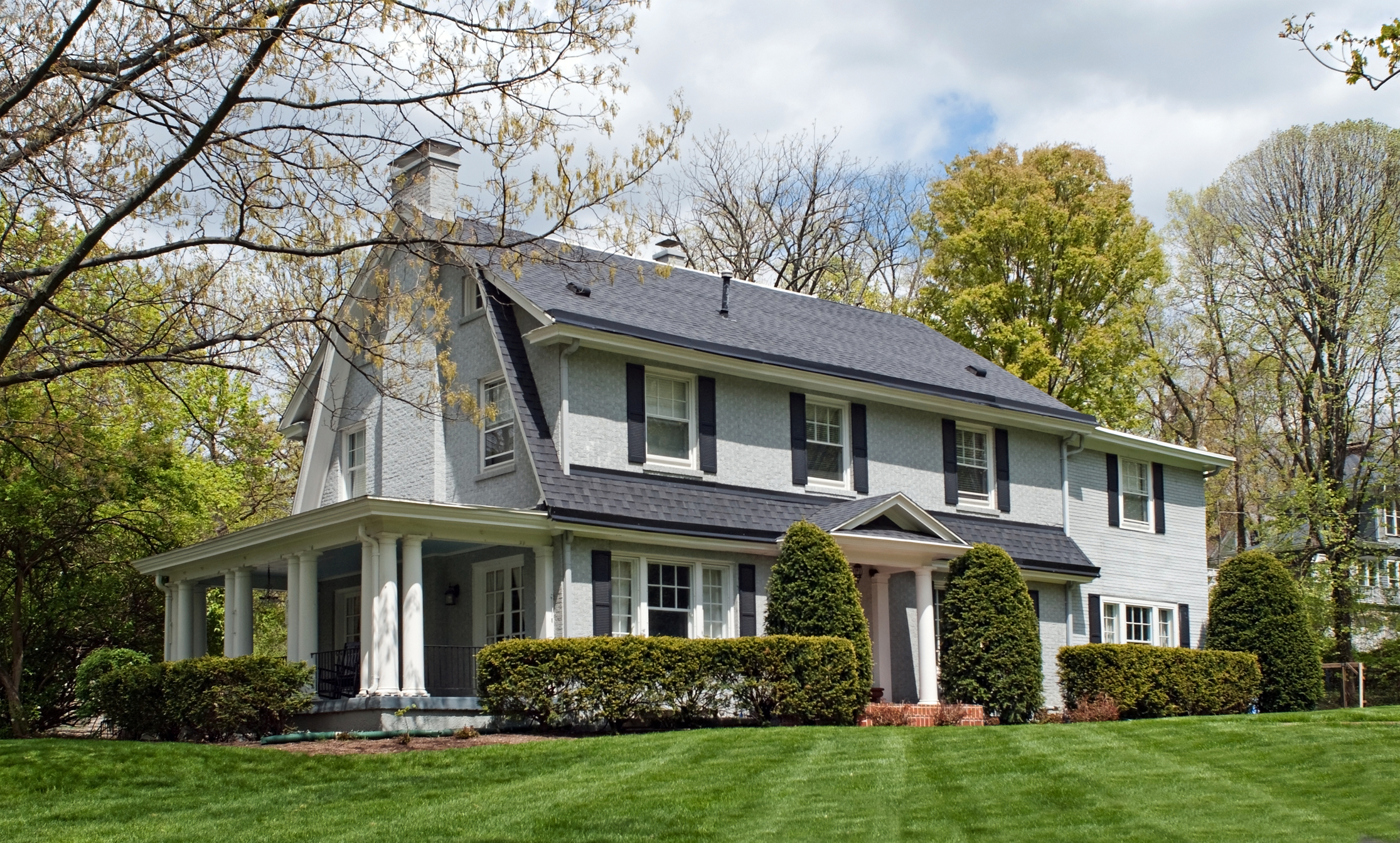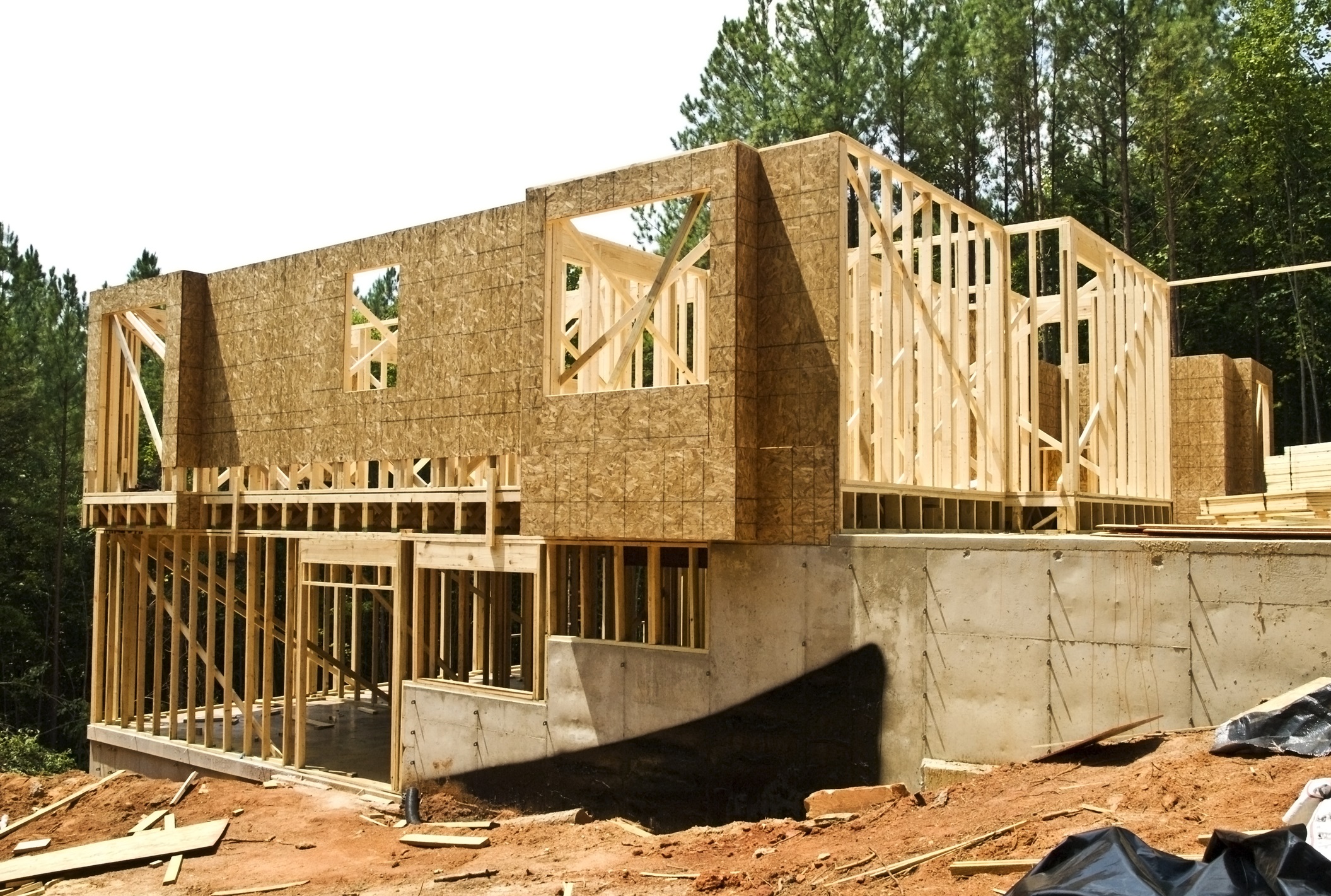2 min read
What is Dutch Interest for a Hard Money Construction Loan?
Dutch interest is a method that charges interest on the entire construction loan amount, even if only a portion has been disbursed to the borrower....
2 min read
 Ted Spradlin
:
May 9, 2016 9:48:21 AM
Ted Spradlin
:
May 9, 2016 9:48:21 AM
A portion of our business at First Capital Trust Deeds comes from home buyers who need to use owner occupied private money loans to close on the acquisition of a new property. Most of the time, since we provide private money loans and hard money loans, we are the loan option of last resort since most home buyers prefer the ultra-low interest rates and favorable terms of conventional financing.
If you cannot qualify for a conventional loan but have 30-40% down payment, FCTD may be able to provide an owner occupied private money loan as a short-term solution to assist you in acquiring a new house.
Up until 2008, most private and hard money loans were equity-based. If the Loan-To-Value (LTV) was 60% or less, a lender would issue a new loan without really considering if the borrower could repay the loan.
Now, private money lenders must document a borrower’s Ability To Repay (The ATR Rule) along with a host of other regulations. Therefore, owner occupied private money borrowers can sometimes find themselves being put through the ringer the same way they were when they applied for a conventional loan and were turned down, which probably led them to P2PTD seeking a private money loan.
If a borrower has 30% down payment, they can usually obtain an owner occupied private money loan. Private money lenders will cut back the LTV down to 50-60% LTV in less desirable areas or rural locations.
Note: There are a few private money lenders offering 80-90% LTV but at those LTVs, the lender is seeking a unicorn of a private money borrower and we don’t pursue low probability unicorns because they never really pan out.
The majority of borrowers we’ve worked with over the past few years who took out an owner occupied private money loan had a foreclosure or short sale 2-3 years ago. Conventional financing requires three years to pass from the anniversary date before a borrower can obtain a new conventional loan. We’ve worked with several borrowers who were 2.5 years removed from their previous short sale and thus had a definitive exit strategy of refinancing out of our loan within six months.
Conventional loans have strict rules about where the down payment funds are coming from and how long those funds have been in the account(s). Private money lenders, on the other hand, are usually not concerned with the source of down payment funds. Instead, they’re more concerned about a borrower’s Ability To Repay and the equity position rather than sourced and seasoned funds. For a homebuyer whose funds are coming from a business account or a non-family member is providing down payment funds, they are able to use those funds to make the purchase with a private money loan.
Different lenders offer different programs with the following terms:
First Capital Trust Deeds uses several different private money lenders for bridge loans. Here are two examples of an 11-month loan:
If a buyer has substantial equity in their existing primary residence which is listed for sale, private money lenders can “cross-collateralize” or do a “blanket loan” against the vacating property and the new purchase. This would be an owner occupied cross-collateralized bridge loan.

2 min read
Dutch interest is a method that charges interest on the entire construction loan amount, even if only a portion has been disbursed to the borrower....

7 min read
Many people, including real estate agents, conventional mortgage brokers, and escrow and title officers think of a hard money lender as someone who...

2 min read
With a stage funding construction loan, the borrower only pays interest on the amount of money already disbursed. This means the borrower doesn't pay...